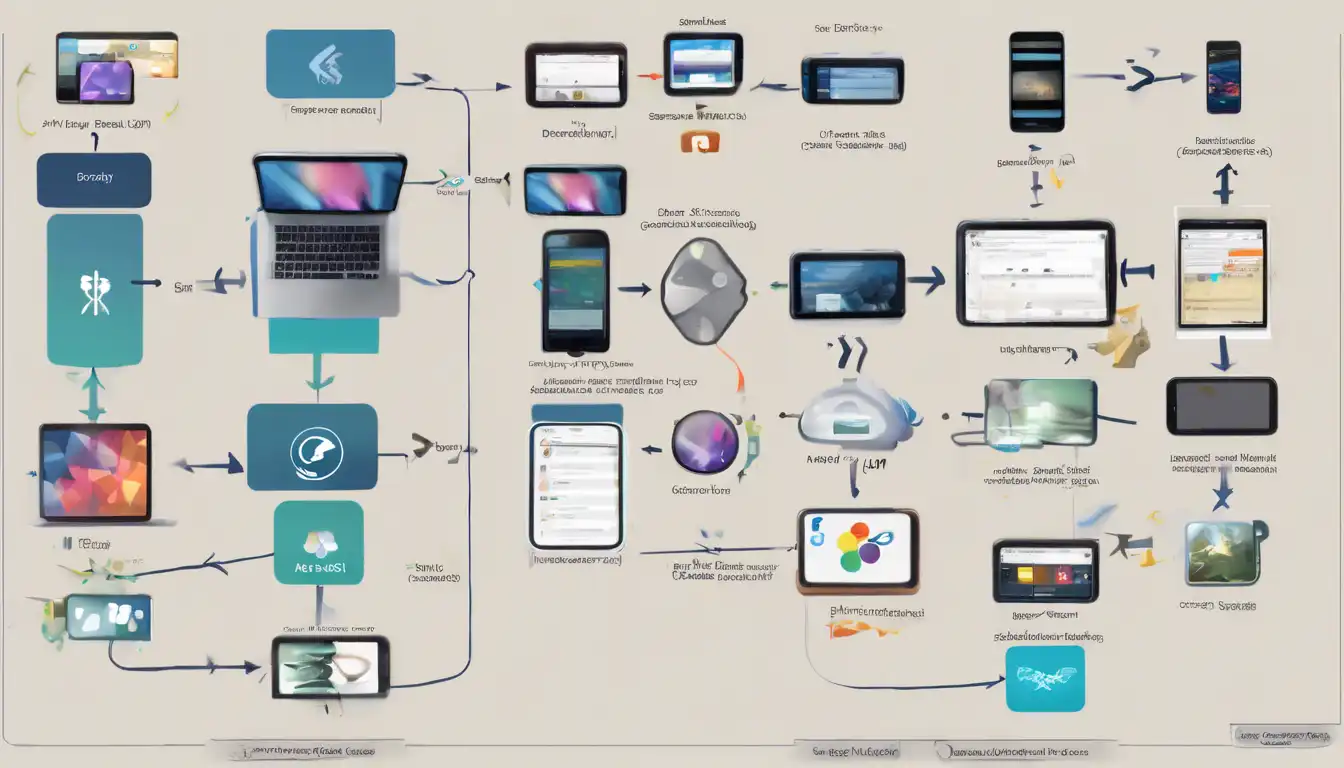Introduction to Cross-Platform Mobile Development
In today's fast-paced digital world, the demand for mobile applications is skyrocketing. Businesses and developers are constantly seeking efficient ways to build apps that run seamlessly across multiple platforms. Cross-platform mobile development tools have emerged as a game-changer, enabling the creation of apps for both Android and iOS from a single codebase. This article compares the top tools in the market, helping you make an informed decision for your next project.
Why Choose Cross-Platform Development?
Cross-platform development offers numerous benefits, including reduced development time, lower costs, and easier maintenance. By leveraging these tools, developers can write code once and deploy it across multiple platforms, ensuring a wider reach without compromising on quality.
Top Cross-Platform Mobile Development Tools
Here's a detailed comparison of the leading cross-platform mobile development tools:
- Flutter: Developed by Google, Flutter is known for its fast performance and expressive UI. It uses the Dart programming language and offers a rich set of customizable widgets.
- React Native: Backed by Facebook, React Native allows developers to build mobile apps using JavaScript and React. It's highly popular for its live reload feature and strong community support.
- Xamarin: A Microsoft product, Xamarin uses C# and .NET framework, making it a great choice for developers familiar with Microsoft technologies. It offers near-native performance and access to platform-specific APIs.
- Ionic: Ionic is an open-source framework that uses web technologies like HTML, CSS, and JavaScript. It's ideal for building hybrid apps and offers a vast library of plugins.
Key Factors to Consider
When selecting a cross-platform development tool, consider the following factors:
- Performance: Evaluate the tool's ability to deliver near-native performance.
- Development Speed: Look for features like hot reload that can speed up the development process.
- Community and Support: A strong community and reliable support can be invaluable for troubleshooting.
- Cost: Consider the licensing fees and any additional costs associated with the tool.
Conclusion
Choosing the right cross-platform mobile development tool depends on your project requirements, team expertise, and budget. Flutter, React Native, Xamarin, and Ionic are all excellent options, each with its unique strengths. By carefully evaluating these tools, you can select the one that best aligns with your goals and ensures the success of your mobile app.
For more insights on mobile development, check out our latest article on mobile development trends.
